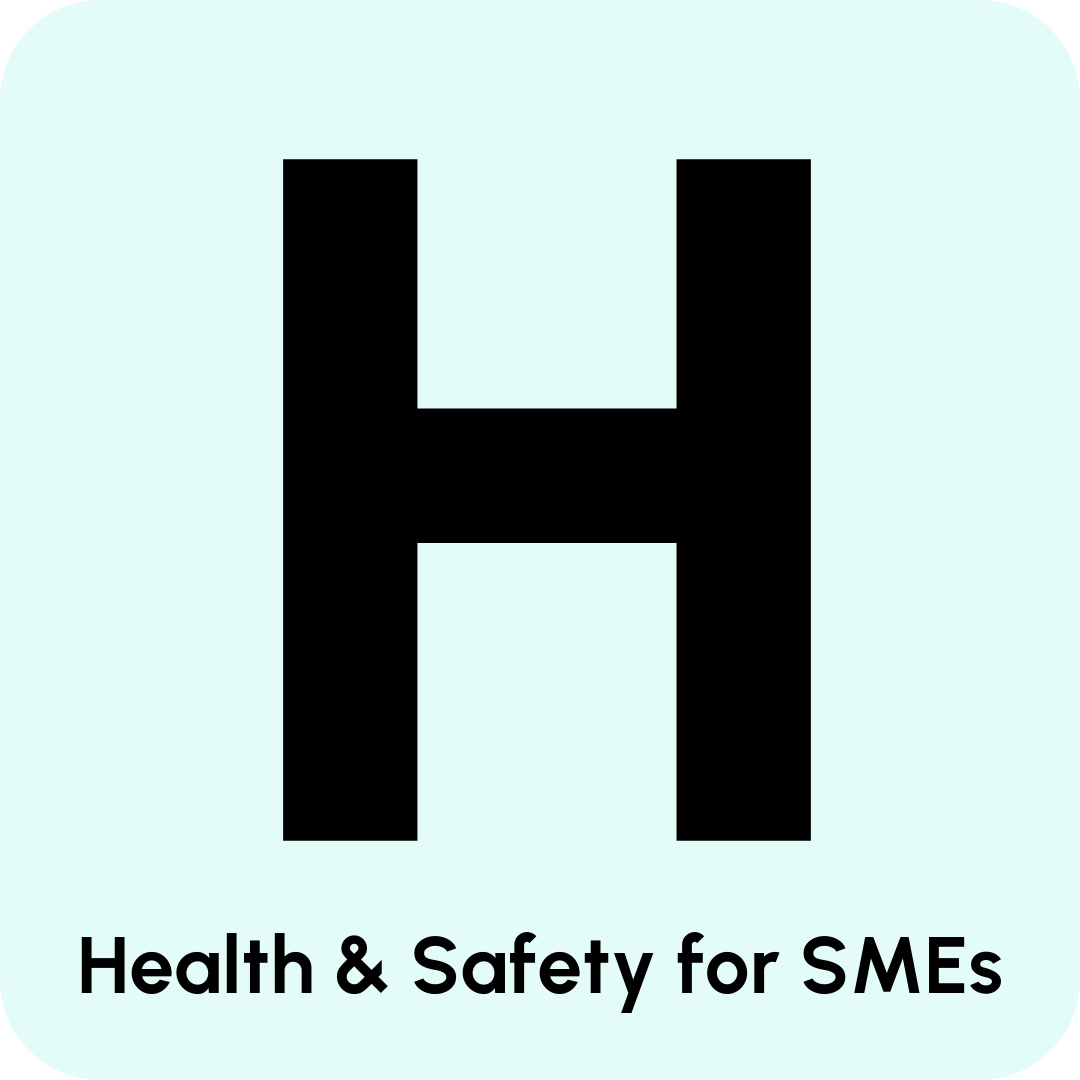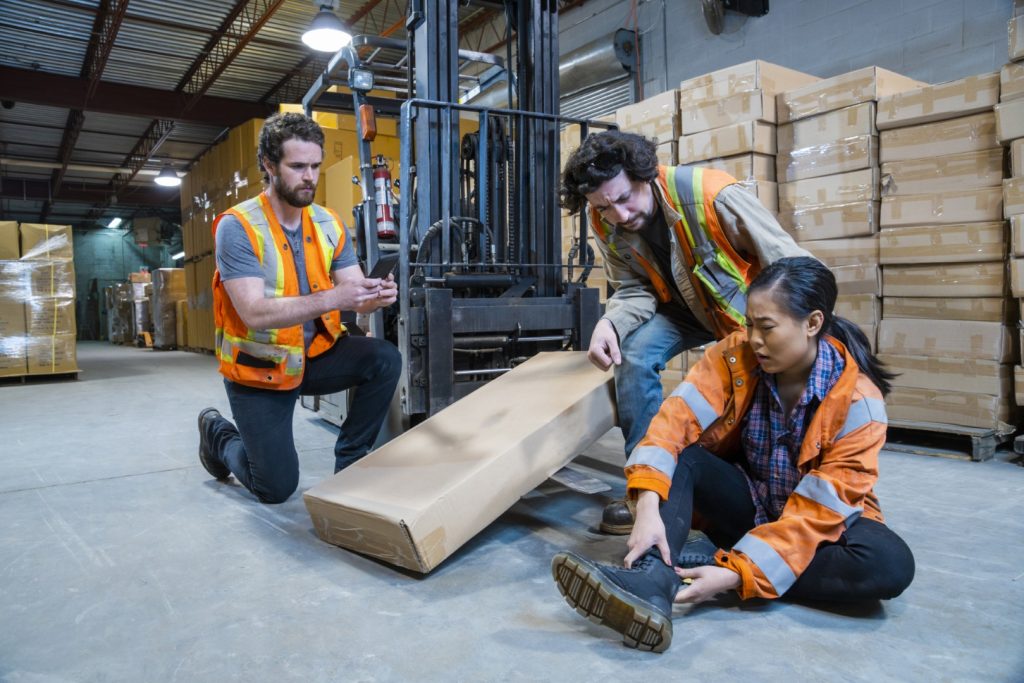Why Health and Safety matters for SMEs
A single incident can devastate a small business. Fines, legal claims, or reputational damage often hit SMEs harder than larger organisations.
Ignoring health and safety responsibilities can lead to:
- Regulatory action – fines, enforcement notices, or prosecution from the HSE.
- Employee claims – costly tribunal or injury compensation cases.
- Productivity loss – absence and low morale following accidents.
- Reputation damage – loss of trust from staff, clients, and partners.
Prioritising health and safety for SMEs delivers benefits including:
- Lower accident rates and reduced insurance premiums.
- Safer, more engaged employees with higher retention.
- Stronger credibility when bidding for contracts or funding.
- Confidence that legal duties are being met.






